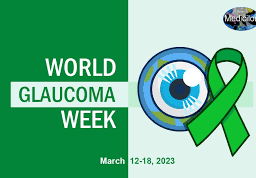
Excessive Water Intake Risks | Understanding Water Toxicity
Are you aware of the risks associated with excessive water intake? While staying hydrated is crucial, consuming too much water can lead to a serious condition known as water intoxication. Let’s delve into the dangers and symptoms associated with excessive water consumption and how to avoid them.

The statement “There is no such thing as ‘too much water.’” is not entirely true. While it’s important to stay hydrated by drinking enough water, it is also possible to drink too much water, which can lead to a condition called hyponatremia or water intoxication.
Drinking excessive amounts of water can dilute the electrolytes in your body, including sodium, which is necessary for proper nerve and muscle function can lead to a condition called hyponatremia or water intoxication. This occurs when the level of sodium in the blood becomes abnormally low, due to the dilution effect of excess water in the body. This can cause symptoms such as nausea, headache, confusion, seizures, and in severe cases, coma or even death.
Hyponatremia is more likely to occur in certain situations, such as endurance sports or activities where people may drink excessive amounts of water to prevent dehydration. It’s important to pay attention to your body’s thirst signals, and to avoid drinking excessive amounts of water in a short period of time.
The amount of water a person needs can vary depending on their individual needs, so it is important to talk to a healthcare professional about how much water is appropriate for you based on your activity level, age, weight, and other factors.
It is important to note that the amount of water a person needs can vary depending on their individual needs, so it’s important to talk to a healthcare professional about how much water is appropriate for you based on your activity level, age, weight, and other factors. Drinking water in moderation is generally beneficial for the body, but excessive water intake can lead to health problems.
Drinking too much water can lead to a condition called hyponatremia or water intoxication. This occurs when the level of sodium in the blood becomes abnormally low, due to the dilution effect of excess water in the body. This can cause symptoms such as nausea, headache, confusion, seizures, and in severe cases, coma or even death.
Disclaimer: The information provided in this content is for general informational purposes only. It is not intended as medical or healthcare advice, diagnosis, or treatment. Always seek the advice of a qualified healthcare professional with any questions you may have regarding a medical condition or healthcare decisions.
















